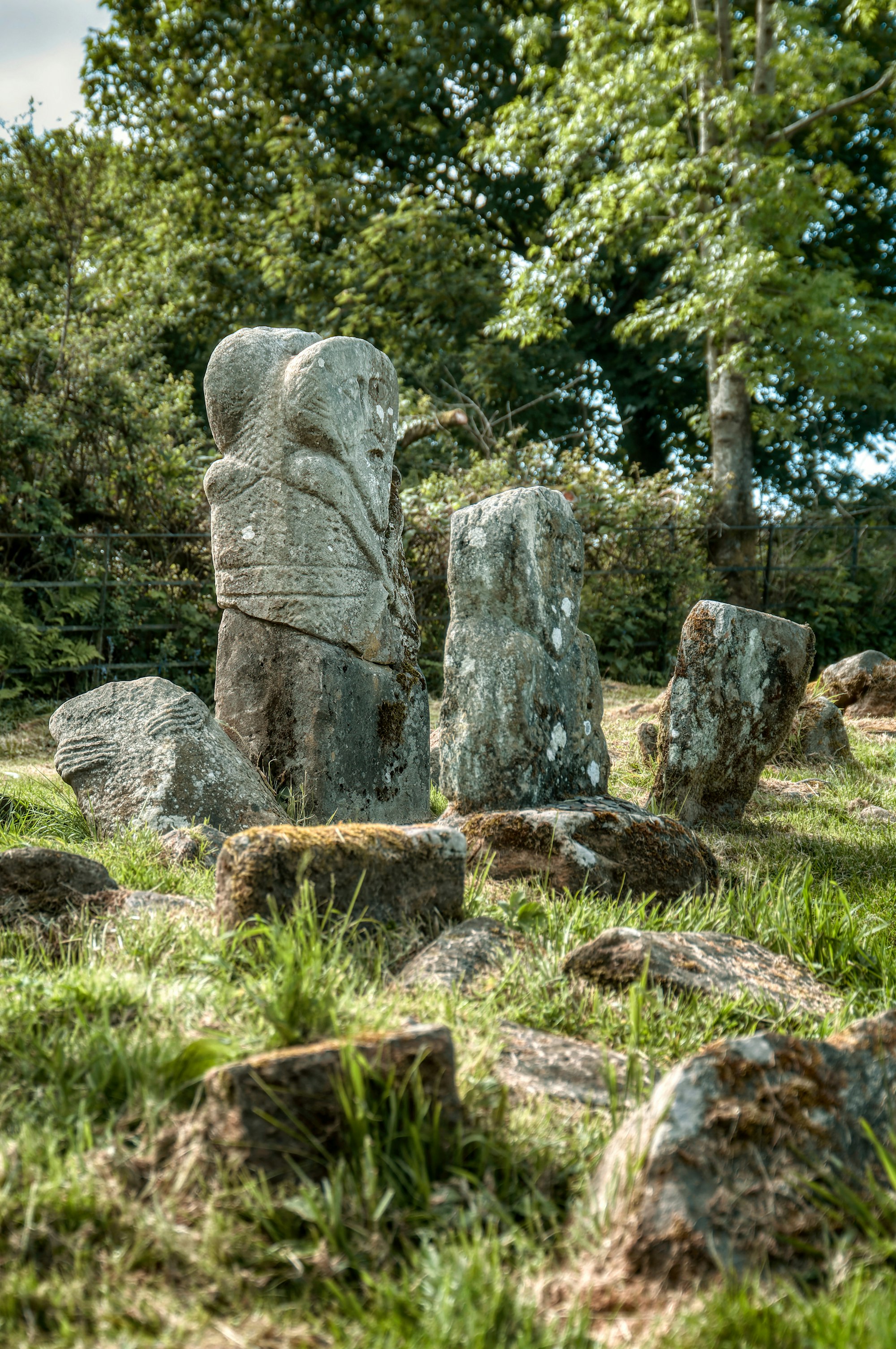Kate Colby, "How far I've come"
These lines riddle with a Janus-like structure.

Worth reading
Tom Scocca's ordeal with a yet-to-be diagnosed ailment destroying his muscles is a must-read. It's got me thinking about the layers of futility in our lives: the difficulty of finding serious, good paying work, the impossibility of adequate healthcare, and beyond all that, the challenges nature and our very bodies pose. Challenges which a normal society may give you hope to surmount, but in our society, almost feel like an extension of the rot which bankrupts, incarcerates, and kills us daily.
Erin Bartram's remarks at AHA, "A Profession, If You Can Keep It," make clear that we need leadership willing to directly address the plight of higher education. Many institutions want all the work done for little or no cost, and those of us with better jobs in higher ed must understand that no amount of "merit" will fix that issue. As Bartram memorably says: "The arguments that justify adjunct labor can be and are turned around on those who thought their positions were secure, a point adjuncts have been making for decades. Imagined meritocracies mean little to extractive institutions."
Kate Colby, "How far I've come"
I've got to thank Tom Snarsky for his incredible curation. He celebrates the work of so many writers, and by doing so, makes it so much easier for us to celebrate each other. He recently shared these lines by Kate Colby which I thought were perfect for reflecting on the moral resolution needed to make a New Year's resolution count:
How far I've come into my own promise kept rather than shown all I've done so far from what I know.
These lines riddle with a Janus-like structure. One part points one direction, the other the exact opposite. I want to start with the part I believe I can explain more easily, "How far I've come / into my own // promise kept." It's not just a simple statement of growth or accomplishment. The statement is tied to a "promise kept." Through the promise, through others, through a declaration of value, through one's limited certainty, one grows.
There's no necessary knowledge in these first three lines, save keeping one's promise. Maybe you keep your word for you, maybe you keep it for others, but the important thing is you keep it.
This is contrasted with "shown // all I've done / so far / from what I know." What's wrong with showing accomplishments which stem directly from your knowledge? From experiencing and mastering the familiar?
I wouldn't know what to say in previous years. Can I imagine something amiss with people knowing and doing in everyday life? It sounds like a dream, honestly. But now I'm older and I can say I've seen some things. Some people do maintain themselves and grow a little bit but not enough. They stick to what they know, and what they know works for them. There are accomplishments, in strict terms. There are useful routines that even the wise or sane will envy at times.
I've seen people like this who will break your heart. You could tell some of them that their kid won a Nobel Prize and it wouldn't mean anything. They decided a long time ago their ways were the only way, and they have no idea how little they see.
All the same, I've learned that if you want to do anything for others, you have to recite your accomplishments. You do have to show what you've done from what you know. Some things I hope I articulate enough when I teach: no one will stand up for you if you don't stand up for yourself; you must list and explain what you've achieved; you must show how you've built from what you know. In this larger sense, the second part feeds into the first. A very deep promise is being kept, only traceable through the words "my own."
